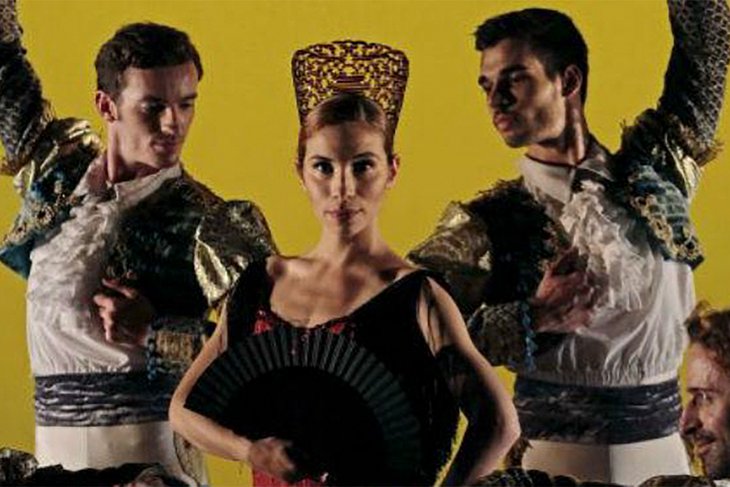Don Quixote shows that chivalry is not dead at Rivoli
Article

"Don Quixote" will take to the stage at Rivoli, on 11 and 12 July at 9pm and it repeats on 13 July at 7pm.
This classic by Cervantes is one of the great legacies of the choreographer Marius Petipa, which debuted in Russia in 1869.
Combining folk and realistic traits, as well as a world of fantasy and realism, "Don Quixote de La Mancha", was first presented in 1900 by Alexander Gorski, with added musical and choreographic features.
Eric Volodine buils his own version from Gorski's choreography, which premieres at the National ballet Company in 1990. It is this version that takes to the stage at Rivoli.
"Don Quixote" is considered the most influential work of literature from the Spanish Golden Age and the entire Spanish literary canon.
"The Clever Gentleman Sir Quixote of La Mancha" or just "Don Quixote" is a Spanish novel by Miguel de Cervantes. It was published in two parts, in 1605 and 1615, and it is often labelled "the first modern novel".
When first published, Don Quixote was usually seen as a comic novel. Following the French Revolution, it became known for its central ethic that individuals can be right while society is quite wrong and disenchanting.
In the 19th century, the novel was interpreted as a social commentary, and by the 20th century, the novel had come to occupy a canonical space as one of the foundations of modern literature, not only in Spain but all over the world.
Click here for further information.